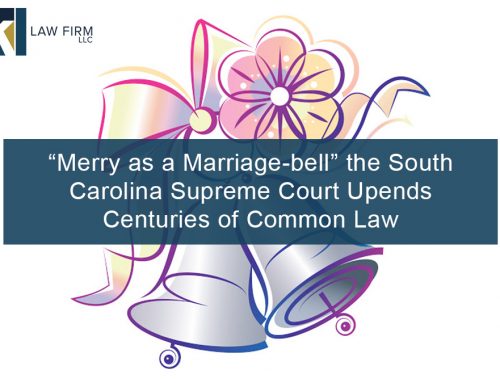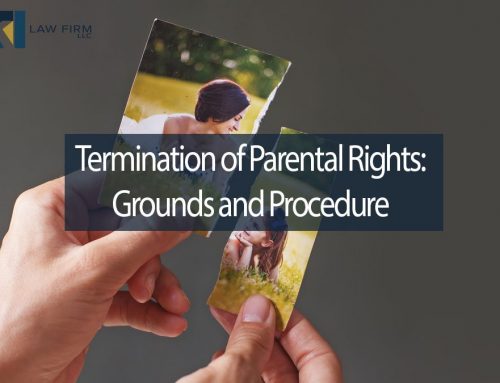A recent study, called “Expecting Better” and published by the National Partnership for Women & Families, has given South Carolina an “F” in their report card analyzing the states nationwide with the best and worst laws that help to protect working mothers and fathers during pregnancy and post-birth. The study reviews the nation’s laws that focus on the protections available to new parents who are attempting to balance their work and family life during the pregnancy of their children and after the birth. Certain laws that were analyzed involved paid sick or family leave, medical leave that is paid or unpaid, and federal and state laws associated with family practices and policies. Most of these policies have a greater impact on low-income families who rely and depend on each spouse bringing in a wage each month, and creating a disparity among parents who may afford unpaid leave during the pregnancy and birth of their children.
The Analysis of the Report
The report has shown that on average over the last few years, states have continually improved on the current legislation that provides access to paid sick days, family leave, and medical leave. Certain states and cities, such as the District of Columbia, expanded the number of paid sick leave that would be guaranteed to more workers. California extended its paid family leave legislation to include other family members beyond immediate family to include grandparents, parents-in-law, siblings, and grandchildren. Some states adopted legislation that would provide reasonable accommodations to pregnant women unable to complete every physical task that is a part of their duties.
South Carolina’s Analysis
Though the report reviews the progress and development of these family-related laws in most states, there are still states whose pro-family legislation is lacking or non-existent. After analysis of South Carolina, the state received an “F” with regards to the extent of its family laws and the coverage it provides to its citizens. South Carolina’s family law is modeled after the Federal Medical Leave Act (FMLA), and its legislation does not expand beyond the baseline provided by federal law to new and expecting moms and dads.
How to Decide If and When a Parent Should Become a Stay-At-Home Parent
The financial challenges faced by expecting and new parents force parents to decide what will be the best way to proceed and could cause strife between parents attempting to determine who will stay home, for how long, and how much unpaid leave they can sacrifice. According to an article published by ABC news, there are certain facts that may help couples decide who should stay home and how long should they resume sick leave.
One of the most important factors to take into consideration is the disparity between salaries and the benefits of each job. If the lower salary is less than $30,000 per year, it might be more economically feasible for that parent to stay with the child. For example, the financial benefits of having one parent stay home who performs domestic tasks may outweigh the salary that the parent could bring in the first place. The aggregate of child care costs, the cost of home maintenance, dry cleaning and laundry, meals not cooked at home, and commuting costs might end up costing more than what the second salaried parent could bring in if he or she decided to go back to work.
Experienced Family Law Attorneys in the Mount Pleasant and Charleston area
Financial challenges that affect a struggling couple may create irreparable harm. Though there is always the hope that these challenges may be resolved and overcome, sometimes it is not possible. If you are considering a separation or divorce from your spouse and live in the Mount Pleasant, Charleston, or greater South Carolina area, please contact an experienced family law attorney at Klok Law Firm LLC who can assess your current marital situation and provide guidance on the next steps. Call or contact the office today for a confidential consultation of your case.






